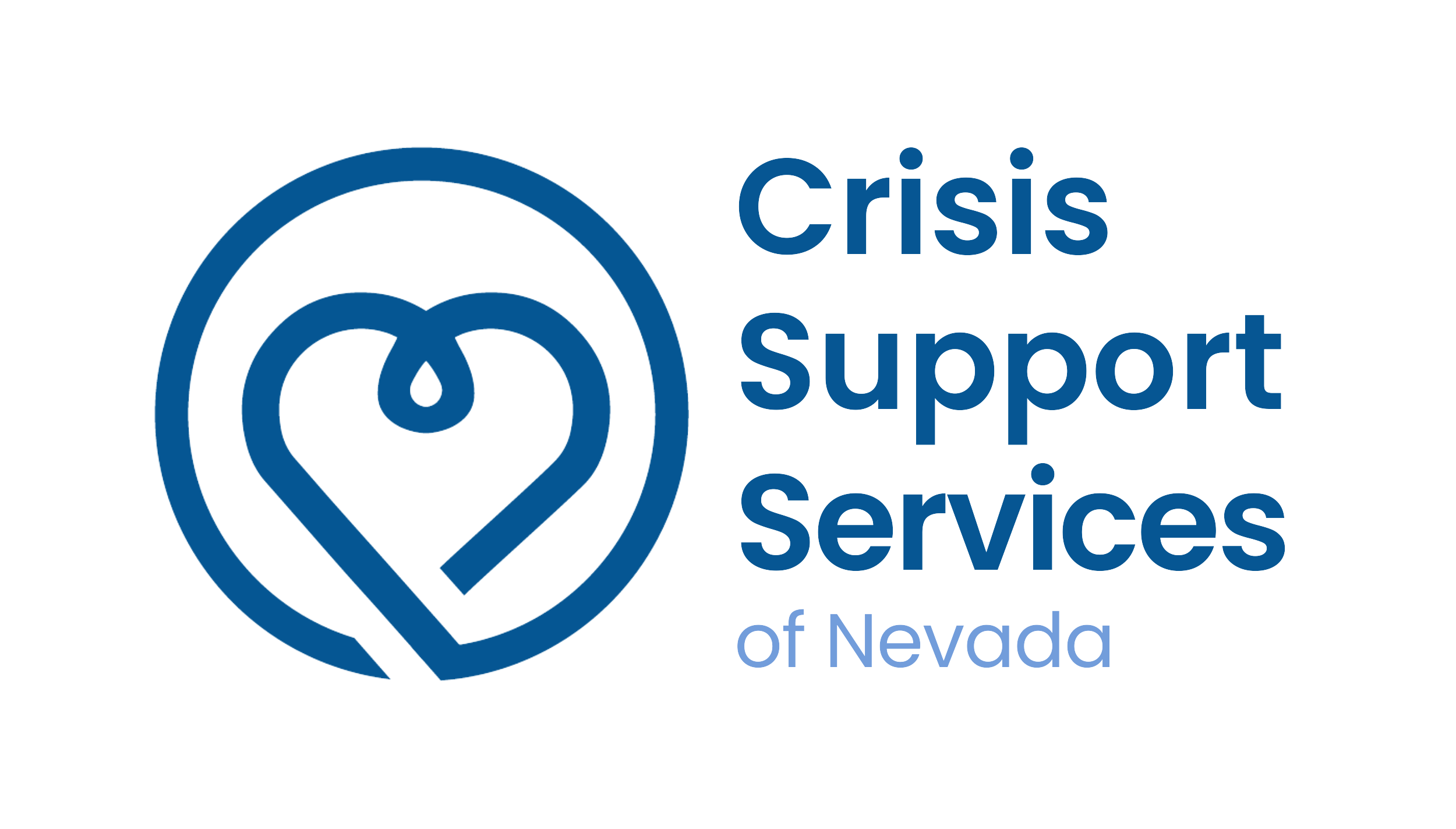Safety Alert: If you are afraid your abuser might be monitoring your internet usage, call Crisis Support Services of Nevada at 1-800-273-8255 or text CARE to 839-863. If you are in immediate danger call 911.
Not everyone considers their home a safe place – social distancing during the time of COVID-19 can be dangerous for those who experience domestic abuse. While some states see spikes in calls to hotlines, not getting enough calls is also a sign of trouble. This could happen for any number of reasons, including fear or doubt that there isn’t any help available during stay-at-home orders.
Even during stay-at-home orders, there are a variety of resources available if you are being abused. Shelters are considered “essential services” and even during a pandemic, you can call 911 if you are in immediate danger or experiencing a medical emergency. Healthcare professionals are prepared to take care of the community, including any individual who is experiencing abuse during this period of social distancing and sheltering in place.
Research suggests that violence against women increases during a crisis. Stress, anxiety, and financial disruption could create more tension between you and your abuser. With not many places to go, victims can begin to feel isolated from resources and their loved ones.
While domestic abuse tends to be at higher rates for women (one out of four women), we know not only women are affected. National data revealed, one out of every nine men experience severe intimate partner physical violence, intimate partner contact sexual violence, and/or intimate partner stalking with impacts such as injury, fearfulness, post-traumatic stress disorder (PTSD), etc.
Additionally, studies suggest there are societal beliefs that domestic violence does not occur in LGBTQ+ relationships. There are alarmingly high rates of domestic abuse in a variety of ways in the LGBTQ+ relationships. One in four victims of intimate partner violence identify as LGBTQ+. Children and elders also suffer from domestic abuse in a variety of ways. Nearly one out of 10 adults over the age of 65 suffer from elder abuse every year, including physical injuries, financial exploitation, and sexual battery. According to the Journal of Family Psychology, more than 15 million children witness domestic abuse every year. In the U.S., more than four children die from child abuse on a daily basis and there are approximately 2.9 million cases of child abuse reported every year.
If you are experiencing domestic violence, it is important that you seek help. If you are in immediate danger, please dial 911. If you are unsure of what to do next, the first step you can take towards helping yourself is developing a safety plan.
Develop a Safety Plan
An important step to take if you are experiencing abuse is to create a safety plan. A plan will not only make you feel more prepared, but it can help you identify what you need to do depending on the situation. Even if you are not ready to leave your abuser, try your best to follow the steps below so you can keep you (and your family) prepared for the worst.
- Identify safe places in your home where you can get away from your abuser if you feel in danger.
- If possible, have a list of essential items you need if you decide to leave your home (identification and health insurance card, passport, etc.).
- If you can, give a trusted friend or family member copies of ID cards, birth certificates, lease agreements, immunization records, and social security cards.
- Stay in contact with your family and friends or neighbors. Not only can they offer you their support, but you can also call them if you need to leave your home to escape your abuser. You can also develop a code word or phrase with them if you need their help.
- Even during a pandemic, healthcare professionals can help you 24/7. Call 911 immediately if you are in danger, including if your partner has threatened to hurt you, your children, or someone around you.
- Most shelters and hotlines are still fully operational. Create a list of shelters you can call if you need to leave your home during COVID-19 or any other time. While Crisis Support Services of Nevada does not have a shelter, you can find the shelters available on our website for northern, southern, and rural Nevada. If you need assistance, don’t hesitate to call or text us and we can help you find the resources you need.
Know the Signs
During COVID-19, the majority of us are practicing safe social distancing. This might make it more complicated to recognize if someone you know is being isolated from their family and friends. However, there are some signs you can look out for and there are ways you can help.
Red Flags to Look Out For:
- Non-verbal Abuse – Whether it’s physical or emotional, all abuse is harmful. Emotional and non-verbal abuse includes non-physical behaviors such as insults, manipulation, strict rules, constant surveillance, and restrictions on basic necessities.
- Isolation – Following social distancing protocols doesn’t mean you have to stop communicating with your family and friends. Isolation is a method used to keep someone away from their loved ones to have greater control over the relationship and can lead to increased abusive behavior.
How to Help:
- Call 911 if the victim is in immediate danger.
- If you aren’t hearing from the victim, reach out. Keep in mind that if you are too persistent, the abuser is more likely to blame the victim for the constant interruption to their daily life. While you don’t want to cut off communication completely, try and limit the amount of times you reach out for the safety of the victim. Be patient and offer compassionate advice.
- Help the victim develop a safety plan. This may include looking for resources on behalf of them.
- Call Crisis Support Services of Nevada to learn more about the resources available to them and how you can help.
Your safety and well-being are always important, especially during a pandemic. You are not alone – the resources available to you are offered 24/7, year-round. If you or someone you care about is being abused, don’t hesitate to reach out to us for anonymous help. Regardless of the day or time, we are ready to help you.

